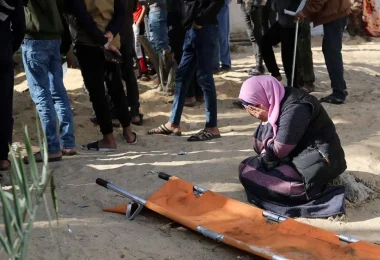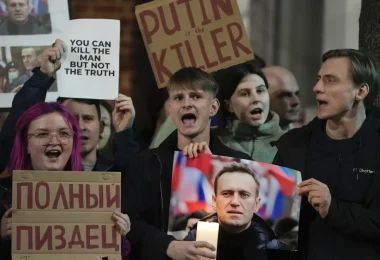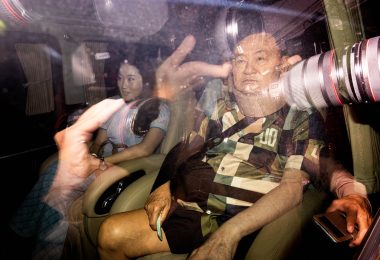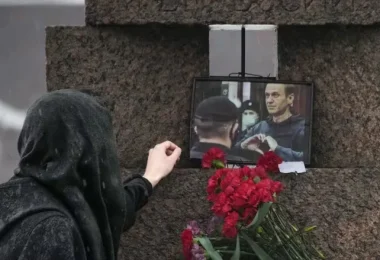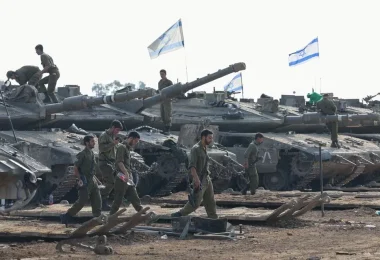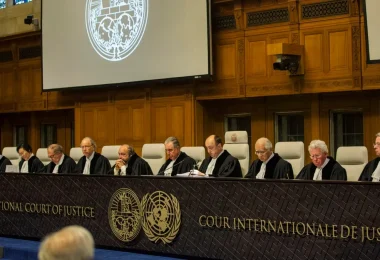Hezbollah launched a drone attack on an Israeli army base in northern Israel on Tuesday, marking a significant escalation in the ongoing hostilities between Israel and the Iran-backed Lebanese group. This attack, a first of its kind, was declared by Hezbollah as a response to recent Israeli assassinations in Lebanon.
The same day, an Israeli offensive in south Lebanon resulted in the deaths of three Hezbollah fighters, making worse the toll of more than three months of intense conflict. These hostilities, the deadliest in 17 years, were initiated after Hamas, another Palestinian militant group, attacked Israel from Gaza on October 7. The ensuing violence has displaced tens of thousands from both sides of the Lebanon-Israel border and sparked concerns about the potential for a broader war.
Naim Qassem, Hezbollah’s deputy leader, in a televised speech, emphasized that Hezbollah did not seek to extend the war beyond Lebanon. However, he warned that if Israel escalated the conflict, Hezbollah would respond with the necessary force to deter Israel.
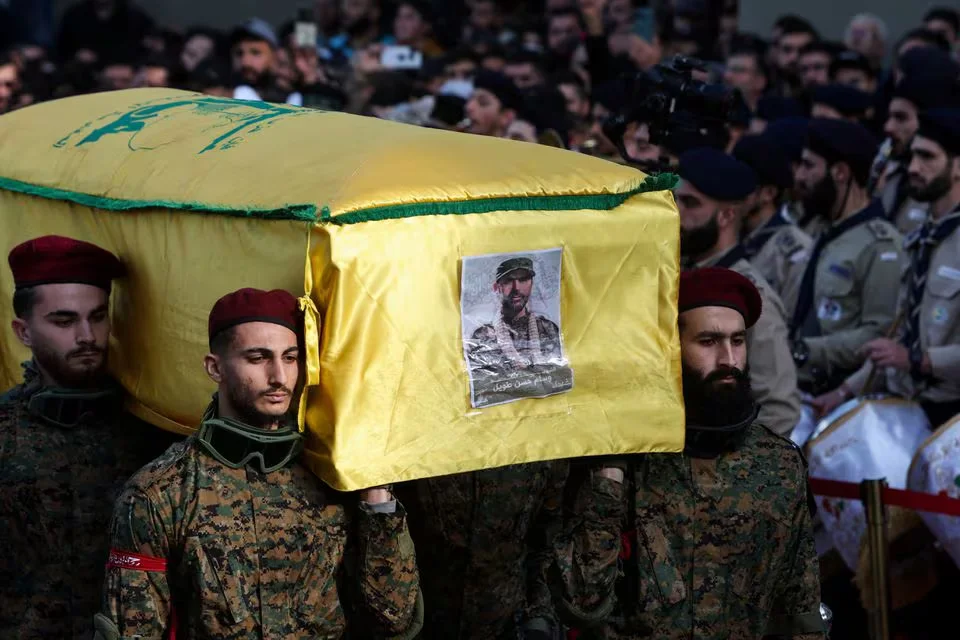
Members of Hezbollah carry a coffin during the funeral of Wissam Tawil, a commander of Hezbollah’s elite Radwan forces who according to Lebanese security sources was killed during an Israeli strike on south Lebanon, in Khirbet Silem, Lebanon, January 9, 2024. REUTERS/Aziz Taher
Hezbollah targeted the Israeli army headquarters in Safed, a city about 14 km from the Lebanon-Israel border, as retaliation for the assassination of Saleh al-Arouri, a deputy leader of Hamas, in Beirut last week. The attack also aimed to avenge the killing of Hezbollah commander Wissam Tawil, the highest-ranking Hezbollah officer to die in the current fighting. Tawil, a prominent figure in Hezbollah’s elite Radwan force, had been instrumental in directing operations in south Lebanon and had previously served in Syria.
The Israeli military claimed to have killed the commander of Hezbollah’s southern aerial unit, who allegedly led the attack, a statement that Hezbollah has outrightly denied.
The violence, largely concentrated in the border area, has seen Hezbollah targeting Israeli positions with rockets and other weaponry, while Israel has responded with air and artillery strikes. The assassination of Arouri marked the first Israeli strike in Beirut’s Hezbollah-controlled southern suburbs during this conflict, a claim Israel neither confirmed nor denied.
UNIFIL spokesperson Kandice Ardiel expressed concern over the escalating strikes, noting a worrying trend in the conflict. Israel, meanwhile, has voiced its preference for diplomatic solutions to prevent Hezbollah attacks in the north and to push the group away from the border.
Over 130 Hezbollah fighters have been killed in Lebanon since the hostilities began. The Israeli military also reported striking Hezbollah targets in Kila and other southern Lebanese locations.


